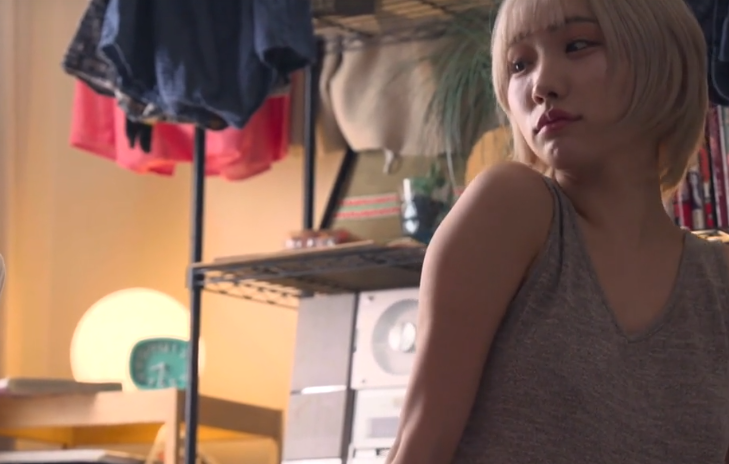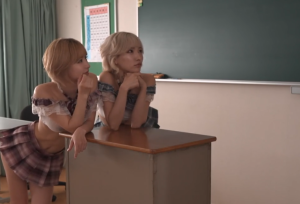
After graduation, we each went our separate ways.
Xiao-Jie moved to Taichung to work a 9-to-5 job, always complaining about how it’s slowly crushing his soul. Hsin-Yi stayed in Kaohsiung and became an elementary school teacher—she lights up whenever she talks about her students. A-Ze headed off to Hualien to work as a photography assistant, finally chasing his dream of making a living through his passion.
As for me, I stayed in Taipei, living a life that was both ordinary and lonely.
We no longer saw each other every day like we did in college—eating hotpot, playing board games, binge-watching dramas until dawn. Those days were replaced by unread messages, delayed replies, awkward phone calls, and social media updates that made us feel more distant than close.
But there was one thing that never changed:
Every Lunar New Year’s Eve, we all came back to Taipei to share one pot of steaming hotpot.
We jokingly called it “Old Friends’ Reunion Night”—more important than even the family meal.
The location never changed: A-Ze’s apartment, because his parents live abroad and his place was the perfect hideout for a bunch of “social outcasts.” Xiao-Jie would bring taro rice noodles from Taichung. Hsin-Yi, like clockwork, prepared handmade glutinous rice balls. I was always in charge of cola and fried chicken.
We’d fight over the same seats, set up the portable stove, and chat as the soup boiled—reminiscing about old times and catching up on the now.
“You guys know my boss made me work until 4 p.m. on New Year’s Eve again?” Xiao-Jie would always start with a rant.
“I got thirty thank-you cards from my students this year. All of them said I look like Anne Hathaway!” Hsin-Yi would say with a big grin.
“I shot a pre-wedding shoot for a couple in the snow,” A-Ze chimed in. “They fought during the session and canceled the wedding right after.”

We’d laugh until our stomachs hurt.
I usually said less. Their lives always seemed more exciting than mine. But every time I spoke up, they’d fall silent and listen carefully—nodding afterward and saying,
“We get it.”
That simple sentence—“We get it”—was a kind of comfort only they could give.
As the hotpot simmered and thickened, our conversations deepened.
We talked about growing old, whether we’d still be able to do this decades from now. We wondered who’d be the first to get married, to move abroad, to drift away.
Some of us got misty-eyed, but no one cried.
Because deep down, we all knew—

No matter how far life took us, we’d always come back to this table.
We’re not family by blood, but we know each other better than most relatives ever could.
This yearly hotpot isn’t just food—it’s proof of our friendship.
We don’t text daily. We don’t hang out often.
But every time we gather, it’s like we never left.
I used to think that friendship after school would fade like a chapter in a closed book.
But they showed me something else—
True friends are the ones who show up, even if only once a year—
and treat that one night like the most important one of the year.
Under the dim lights, the soup bubbled as we scooped from the pot and shared stupid old jokes.
Our laughter spilled through the window and into the quiet streets of Taipei’s New Year’s Eve.
The food wasn’t fancy.
But it was more fulfilling than anything else.








Leave a Reply